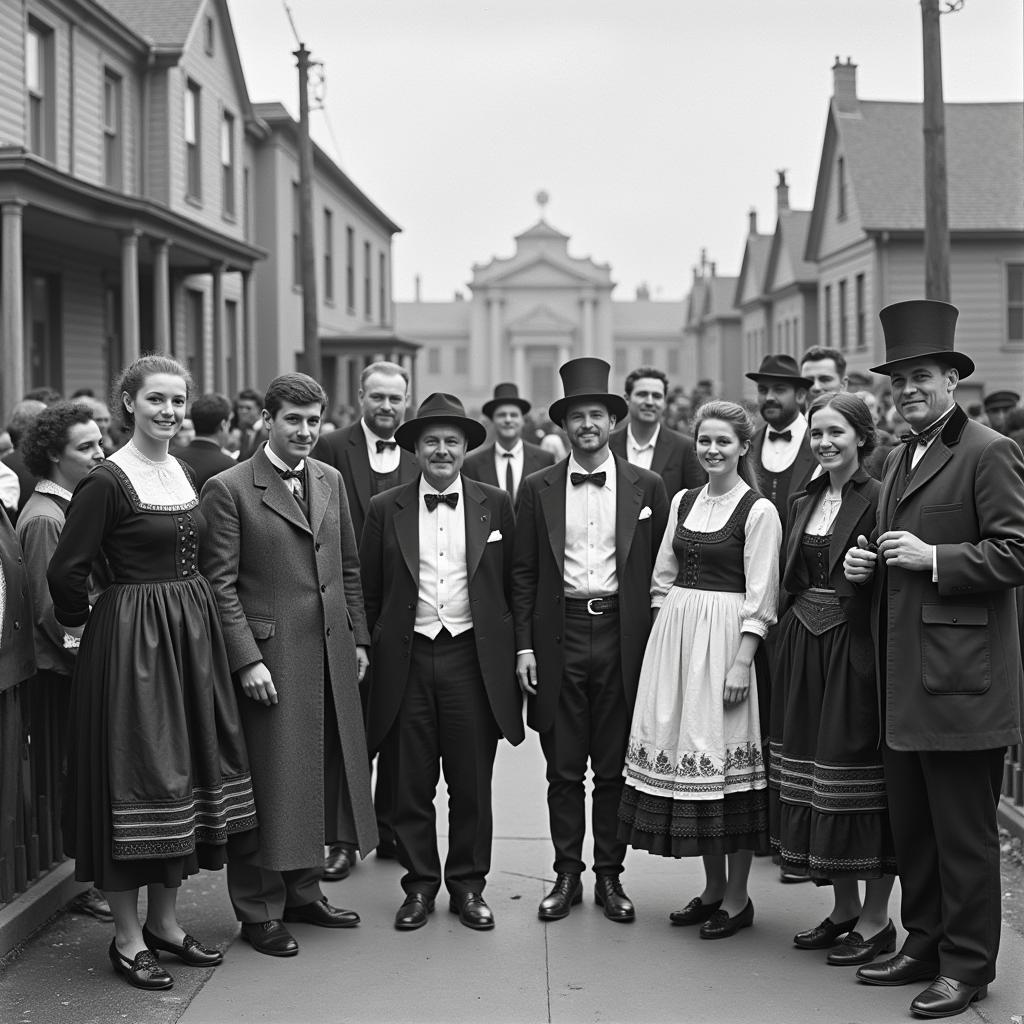The year 1854 marked a pivotal point in history, witnessing the rise and fall of societies that left indelible marks on the world. From social reform movements to cultural organizations, “Society 1854” encompasses a diverse tapestry of human endeavor and aspiration. This article delves into the heart of this era, examining the significant societies that defined the social, political, and cultural landscape of the time.
The New England Emigrant Aid Society: A Beacon for Freedom Seekers
In the tumultuous years leading up to the American Civil War, the issue of slavery deeply divided the nation. Amidst this turmoil, the New England Emigrant Aid Society emerged as a powerful force for change. Founded in 1854, this organization played a crucial role in the fight against slavery by assisting emigrants in settling the Kansas Territory, thereby shifting the balance of power against pro-slavery factions. The society’s efforts, fueled by a commitment to freedom and justice, contributed significantly to making Kansas a free state.
The Peoria German American Society: Celebrating Heritage and Community
 Peoria German American Society gathering
Peoria German American Society gathering
The mid-19th century saw a significant influx of German immigrants to the United States, bringing with them a rich cultural heritage and a strong sense of community. In Peoria, Illinois, this vibrant community found expression in the Peoria German American Society, established in 1854. This society served as a vital hub for German immigrants, offering a space to preserve their language, customs, and traditions. Through social gatherings, cultural events, and educational initiatives, the society fostered a strong sense of belonging and mutual support among its members.
The Impact of Societies in 1854: Shaping a Nation
The societies of 1854, though diverse in their aims and objectives, shared a common thread: a desire to shape a better future. Whether advocating for social justice, preserving cultural heritage, or promoting intellectual discourse, these organizations played a vital role in shaping the social fabric of their time. They serve as a reminder of the power of collective action and the enduring human spirit that strives for progress and understanding.
Conclusion
Exploring the societies of 1854 offers a glimpse into a transformative period marked by social upheaval, cultural exchange, and the relentless pursuit of a better tomorrow. From the fight for abolition to the celebration of heritage, these societies remind us of the enduring power of community, the importance of preserving our past, and the need to continuously strive for a more just and equitable world.